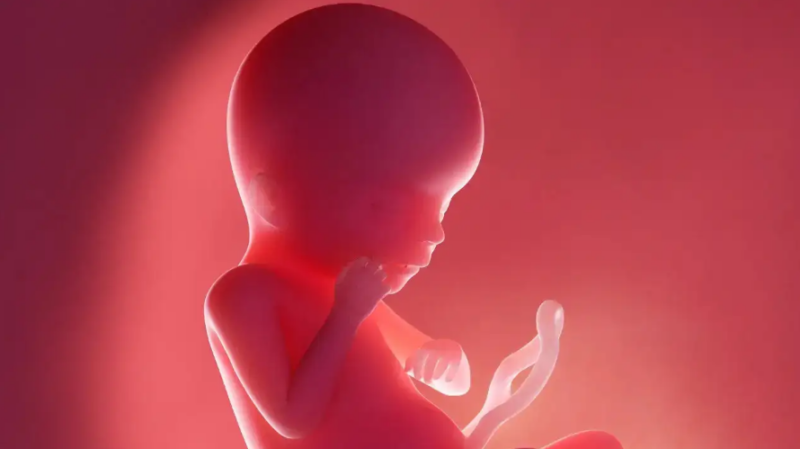
Whether farmed for meat or used as subjects in medical research, animals are deeply sentient beings, whose suffering remains an ever-looming ethical frontier. Besides, breakthroughs in lab testing don’t always carry over to humans. Scientists have proposed a radical dual solution: artificially-grown human bodies incapable of feeling pain.
Stem-cell researchers at Stanford University last week published an article in the magazine MIT Technology Reviewtitled: “Ethically-sourced ‘spare’ human bodies could revolutionise medicine.”
“It may be disturbing to characterise human bodies in such commodifying terms, but the unavoidable reality is that human biological materials are an essential commodity in medicine, and persistent shortages of these materials create a major bottleneck to progress,” the piece read.
The authors blamed this “supply” shortage for the global solid organ transplant (SOT) waitlist, which in the United States alone is 1,00,000 patients long. And since animal-testing is not enough to conclusively predict human responses to drugs, painstaking decade-long clinical trials have to still be carried out.
“There might be a way to get out of this moral and scientific deadlock,” they said. “Recent advances in biotechnology now provide a pathway to producing living human bodies without the neural components that allow us to think, be aware, or feel pain.”
Pluripotent stem cells, which are among the first to form during human embryo development, were used in a recent study to create structures that mimic the process. The article also points to artificial uteruses and other breakthroughs that could potentially open pathways to lab-grown foetuses, which the scientists hope would also end the suffering of animals used for testing and meat.
However, they think it’s too early to say how such experiments would turn out, or give a definite timeline.
“We do not know whether the embryo models could give rise to living people or, thus far, even to living mice,” the authors wrote.









